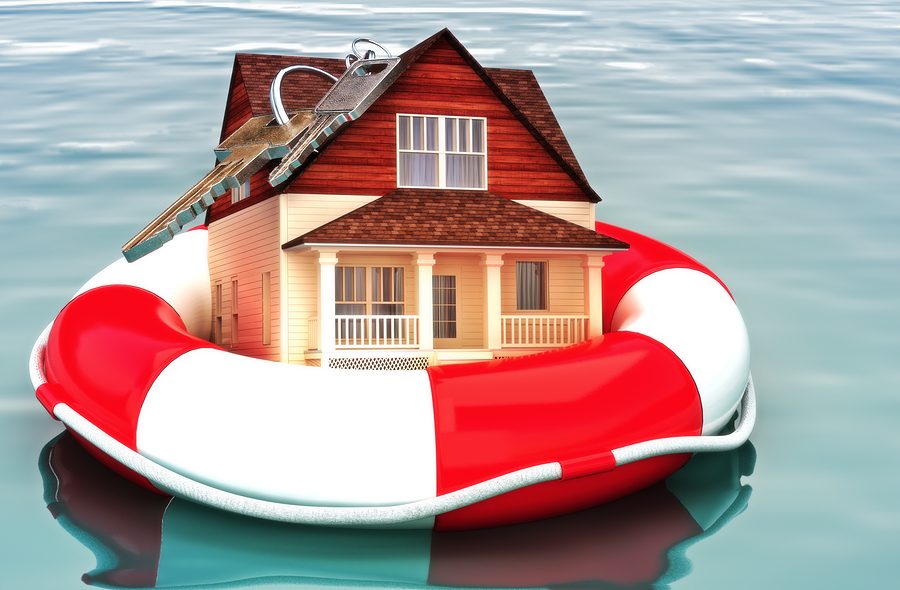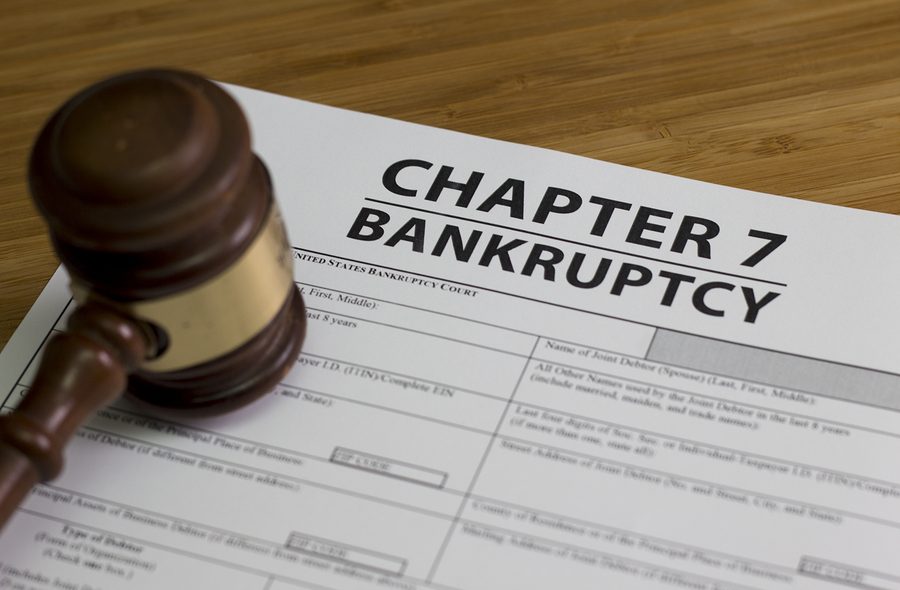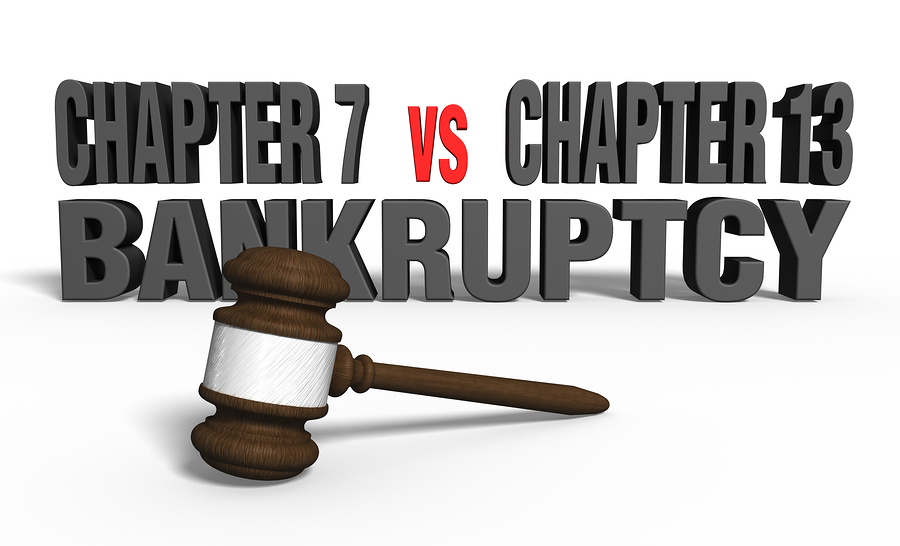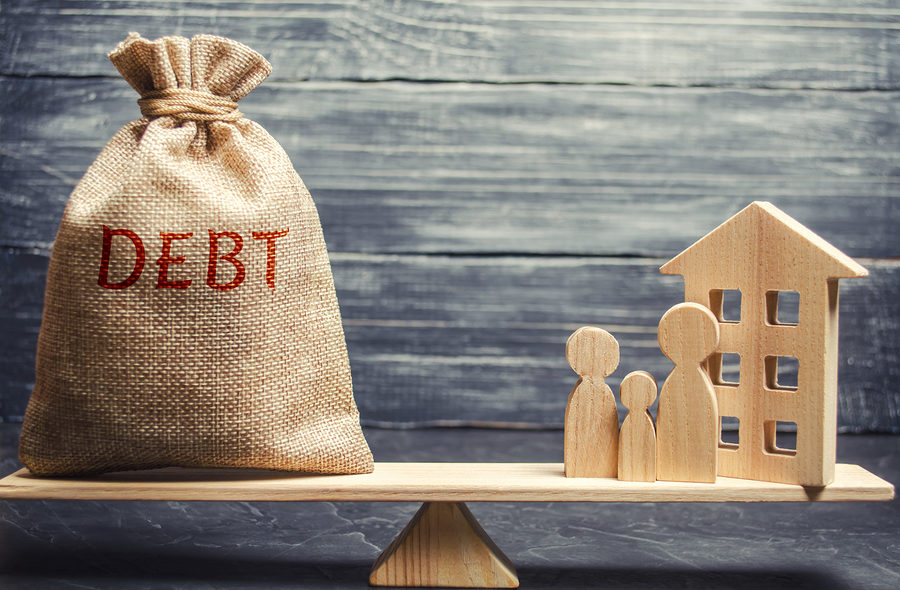One of the biggest fears bankruptcy filers have before proceeding with a bankruptcy case is the fear of losing their home. Depending on the type of bankruptcy case being pursued and whether the home has already fallen into default or even foreclosure, it is possible for filers to keep their home during a bankruptcy case.
Tag: Florida’s Homestead Exemptions
What is a ‘No Asset’ Chapter 7 Bankruptcy Case?
In a no-asset Chapter 7 bankruptcy case, the person filing for bankruptcy keeps all of their property because it falls within the exemptions provided under federal law or the law in their state.
With a Chapter 7 liquidation bankruptcy, a filer surrenders their assets to the bankruptcy estate, which uses them to pay off creditors. But in reality, this is only true of non-exempt property. Many of our cases, are in fact, ‘no asset’ cases. Bankruptcy law recognizes that filers need to retain some property so they can survive the process with something on which to build a future after bankruptcy.
Which Type of Bankruptcy Should I File to Keep My Home?
One of the biggest fears people have when filing for bankruptcy is losing their home, car, and other important assets. However, with Florida bankruptcy exemptions and depending on the type of bankruptcy being filed, it is possible for consumers to keep their home and other property. It ultimately depends on the filer’s financial circumstances.
Protecting Home Equity
How much equity the filer has in his or her home plays a big part in whether he or she can keep it. Equity plays an important part in both Chapter 7 and Chapter 13 bankruptcies. The equity a person has in his or her home is protected through the state’s homestead exemption, and fortunately for Florida filers, the state’s homestead exemption is quite generous.
Can Filing for Bankruptcy Save My Home?
When someone is facing the possibility of bankruptcy, the thought of losing his or her home is a very real and frightening one. However, the protections of the bankruptcy automatic stay can help the filer protect his or her home through a Chapter 7 or Chapter 13 filing. The key to this protection rests heavily on the type of bankruptcy filing and the filer’s financial situation. The bankruptcy automatic stay also offers filers who are facing a multitude of collection calls relief from their creditors, protect them from lawsuits, wage garnishment, repossession, and losing valuable property.
As soon as the bankruptcy petition is filed, the automatic stay goes into effect. After this point, creditors and debt collectors are legally barred from attempting to collect on any debt owed by the filer.




